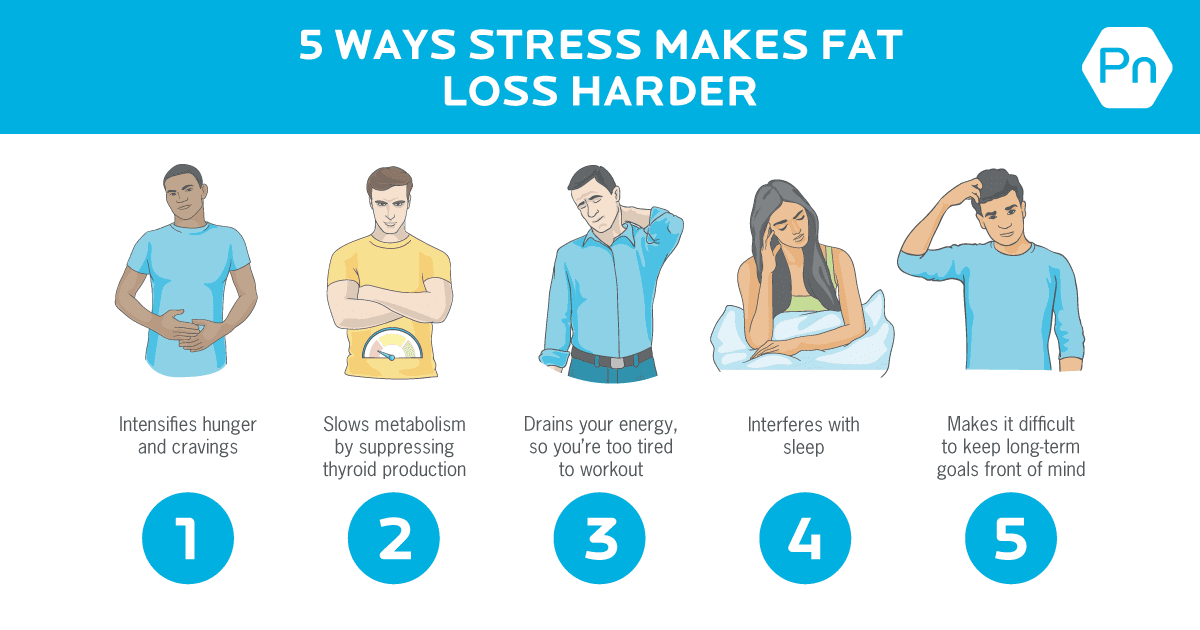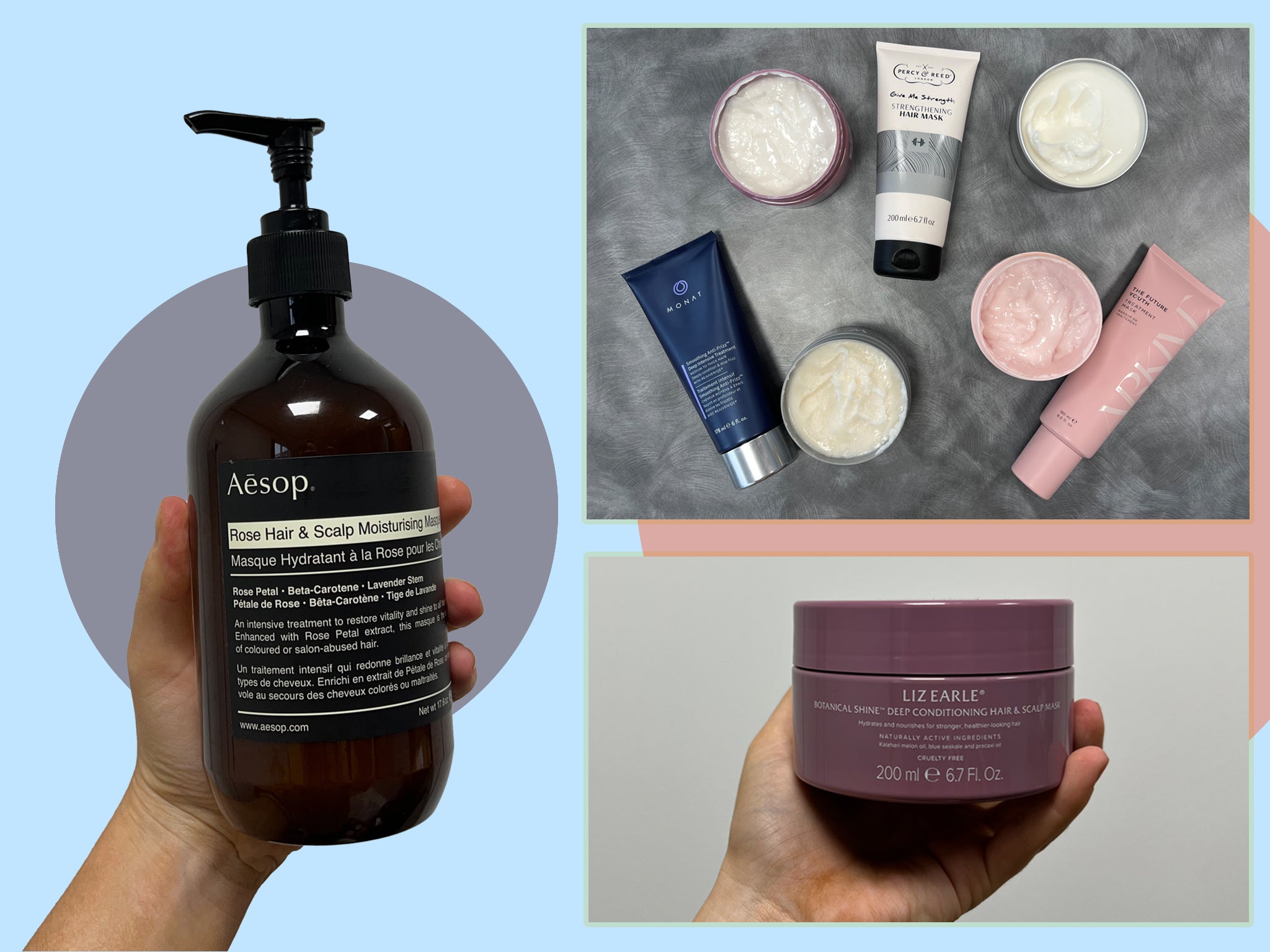Table Of Content

Sudden hair loss can signal an underlying medical condition that requires treatment. If needed, your health care provider might also suggest treatment options for your hair loss. Alopecia areata involves the body’s immune system attacking the hair follicles in the anagen phase, which forces them to the catagen phase. Because the stem cells in the follicles are not destroyed, the hair follicles continue to regenerate and continue cycling. Telogen effluvium is the excessive hair shedding of resting (telogen) hair.
Free Healthbeat Signup
Best Hair Loss Treatments for Men in 2024 - Healthline
Best Hair Loss Treatments for Men in 2024.
Posted: Mon, 15 Apr 2024 07:00:00 GMT [source]
You should never add nutritional supplements to your routine without your doctor’s supervision. If you notice you're pulling your hair out in this way, you should book an appointment to speak to your GP. It can also be caused by vitamin deficiencies, hormonal changes, and certain medications, among other things. You'll soon start receiving the latest Mayo Clinic health information you requested in your inbox. Sign up for free and stay up to date on research advancements, health tips, current health topics, and expertise on managing health.
Terms of Service apply.
You may need to see a dermatologist (a doctor specializing in skin, hair, and nails) who can tell you whether you are experiencing hair shedding, hair loss, or both. “In the future, the Gas6 pathway could be exploited for its potential in activating stem cells to promote hair growth,” says first author Dr. Sekyu Choi of Harvard University. However, further study is needed to understand whether the same mechanism is at work in people.
Hair-Loss TikTok Offers Community, and Dubious Recommendations - The New York Times
Hair-Loss TikTok Offers Community, and Dubious Recommendations.
Posted: Wed, 13 Dec 2023 08:00:00 GMT [source]
Does Stress Cause Hair Loss?
This can have a negative effect on your body - and it can also cause hair loss. Stress symptoms are linked to the body’s “fight, flight or freeze” response. This is a survival response to stressful or potentially dangerous situations. Our body releases stress hormones such as cortisol which help us through this particular situation.

Several factors are thought to cause alopecia areata, including aging, genetics, hormonal changes, and medical conditions. Alopecia areata is an autoimmune disorder where the body’s immune system attacks the hair follicles. Prolonged or intense stress can also cause the immune system to overreact, contributing to hair loss, Proudman told Live Science. According to a 2020 review in the Central European Journal of Immunology, alopecia areata is a type of hair loss where a person’s immune system attacks the hair follicles. Environmental factors, such as stress, may trigger this reaction, the review authors suggested.
People often experience telogen effluvium after illness, severe trauma, or stressful life events. She says alopecia areata is another common cause of hair loss, which usually causes small patches of baldness but can affect the whole scalp and body. This study corroborated the notion that stress disrupts normal cycling of the hair follicle and can lead to hair loss.

How does stress impact the hair cycle?
If you believe medications are causing your hair to fall out, talk to your healthcare provider about changing dosages or finding an alternative medication. If you’re dealing with hair loss from stress, take heart in knowing that it’s likely temporary and your hair should return to normal. They will be able to determine the best treatment plan for you, which may include prescription medication. If stress and anxiety are plaguing you, they may refer you to a psychotherapist or psychiatrist to help you work through the underlying causes of stress and develop healthy coping strategies.
Online forum aims to teach how to deal with pandemic stress
If you’re dealing with stress-caused hair loss, it’s also best to be as gentle as you can with your hair. While your follicles have been pushed into the resting stage, your hair can more easily fall out. Be gentle when styling, or brushing your hair, and avoid the use of damaging dyes and products.
In 2021, a study in mice published in the journal Nature found a potential mechanism. Researchers subjected mice to stress, which increased the animals’ levels of cortisol, the body’s stress hormone. Higher levels of cortisol meant the mice’s hair follicles remained in an extended resting stage, where the follicles remained inactive.
The key is to make these practices a regular part of your life and do them even when you’re not feeling overwhelmed. You may have to try several different stress-management techniques before you find what works for you. If you aren’t getting enough of these nutrients in your diet, talk to your doctor about supplements. They can discuss your options and recommend the best dosage for you.
By Elizabeth Scott, PhDElizabeth Scott, PhD is an author, workshop leader, educator, and award-winning blogger on stress management, positive psychology, relationships, and emotional wellbeing. Hair loss can occur if you wear pigtails, braids or cornrows, or use tight hair rollers. By clicking submit you agree to our Privacy notice and Terms and conditions.
The hair follicle naturally cycles between growth and rest, a process fueled by hair follicle stem cells. During the growth phase, hair follicle stem cells become activated to regenerate the follicle and hair, and hairs grow longer each day. During the resting phase, the stem cells are quiescent and hairs shed more easily. Hair loss can occur if the hairs shed and the stem cells remain quiescent without regenerating new tissue. ‘Telogen effluvium is a type of hair loss resulting from the disruption of the hair growth phase. When more hairs are in the resting phase than in the growing phase, extensive hair shedding and sudden hair loss in women can occur.
Telogen effluvium (TE) is a scalp condition most commonly triggered by a sudden change in the number of growing hairs. During TE, your hair is thrown into the resting phase earlier than usual. This leads to lots of extra shedding, especially in the areas at the top of your scalp. From color treatments to heat styling, a number of factors can lead to weakened, less-than-shiny hair. However, according to experts, there are many ways to address this dilemma. Ahead, a dermatologist and a hairstylist share eight ways to strengthen your hair at home.

No comments:
Post a Comment